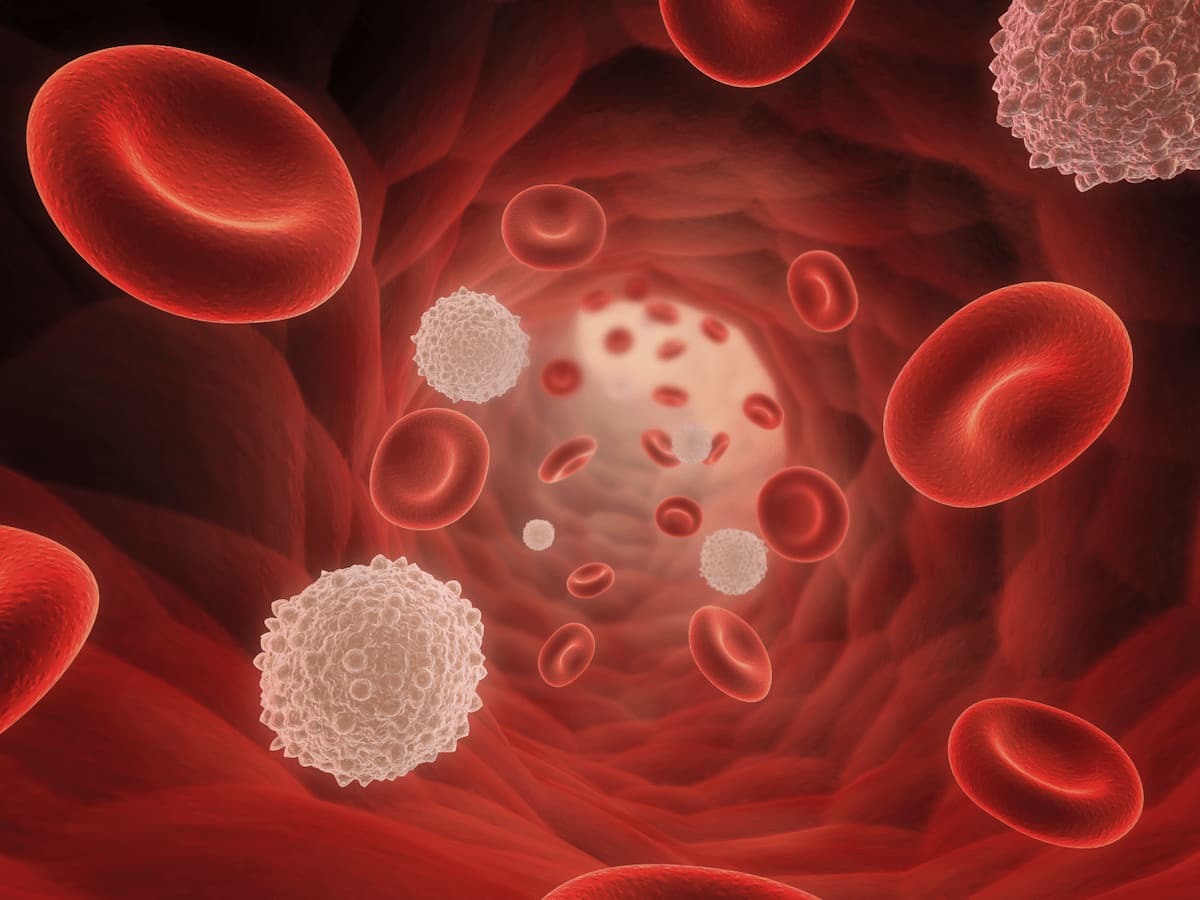FDA Accepts Resubmitted BLA for Denileukin Diftitox in R/R CTCL
The regulatory agency sets a Prescription Drug User Fee Act date of August 13, 2024, for denileukin diftitox in relapsed/refractory cutaneous T-cell lymphoma.
The FDA previously sent a complete response letter (CRL) for denileukin diftitox in July 2023, which requested developers to implement enhanced product testing and additional manufacturing controls.

The FDA has accepted the resubmission of a biologics license application (BLA) for denileukin diftitox (Lymphir) as a treatment for patients with relapsed/refractory cutaneous T-cell lymphoma (CTCL) following 1 or more prior lines of systemic therapy, according to a press release from Citius Pharmaceuticals, the developers of the agent.1
The regulatory agency has set a Prescription Drug User Fee Act date of August 13, 2024, for its decision on approving denileukin diftitox in the aforementioned indication.
Developers first submitted the BLA for denileukin diftitox as a treatment for patients with relapsed/refractory CTCL to the FDA in September 2022.2 The FDA accepted this BLA for denileukin diftitox in December 2022.3
The FDA then sent a complete response letter (CRL) for denileukin diftitox in July 2023, which requested developers to implement enhanced product testing and additional manufacturing controls.4 The CRL did not highlight any concerns related to the safety or efficacy of denileukin diftitox. Developers subsequently resubmitted the BLA for denileukin diftitox in February 2024 as part of fulfilling the manufacturing and product testing requirements that the FDA requested.5
“The acceptance of the BLA resubmission reflects the completeness of our response to the enhanced product testing and additional controls highlighted by the FDA in their July 2023 CRL. No concerns relating to safety or efficacy were noted in the letter, and we remain confident in the robustness of the clinical data package included with the initial BLA submission,” Leonard Mazur, chairman and chief executive officer at Citius, said in the press release.1
“We believe there remains a critical unmet need for an additional viable treatment option for patients with relapsed or refractory CTCL as current therapies are non-curative. We are grateful for the FDA's vital support for rare disease drug development as we work to expand treatment options for patients with [CTCL].”
The application for denileukin diftitox is supported by findings from a multi-center, single-arm phase 3 study (NCT01871727). Previously published data highlighted an objective response rate (ORR) of 36.2% (n = 25/69; 95% CI, 25.0%-48.7%) per independent review committee (IRC) assessment and 42.3% (n = 30/71; 95% CI, 30.6%-54.6%) per investigator assessment.6
Based on IRC and investigator assessments, respectively, the median duration of response (DOR) was 6.5 months (range, 3.0+ to 23.5+) and 5.7 months (range, 0.7+ to 26.1+) with denileukin diftitox. Additionally, the median time to response was 1.41 months and 1.41 months, respectively.
The incidence of adverse effects (AEs) and serious AEs (SAEs) was comparable with prior reports. The most common toxicities included nausea, fatigue, increased alanine aminotransferase, chills, and peripheral oedema. Investigators highlighted no new safety signals in the study.
“If approved, we believe [denileukin diftitox], with its observed efficacy and safety data, and which is already approved for [patients with] CTCL and peripheral T-cell lymphoma in Japan, would arm oncologists in the United States with an important additional treatment option for this devastating orphan disease,” Myron S. Czuczman, MD, chief medical officer and executive vice president at Citius, said in a press release on these findings.6
In this multicenter phase 3 study, patients received denileukin diftitox at 9 mcg/kg intravenously over 60 minutes for 5 consecutive days in every 21-day cycle.7
The trial’s primary end points included dose-limiting toxicities and the maximum tolerated dose during the lead-in portion and ORR in the main study portion. Secondary end points included DOR, time to response, AEs, and SAEs.
References
- Citius Pharmaceuticals announces FDA acceptance of the BLA resubmission of LYMPHIR™ (denileukin diftitox) for the treatment of adults with relapsed or refractory cutaneous T-cell lymphoma. News release. Citius Pharmaceuticals, Inc. March 18, 2024. Accessed March 19, 2024. https://tinyurl.com/49ajbseh
- Citius Pharmaceuticals, Inc. submits biologics license application to the U.S. Food and Drug Administration for denileukin diftitox for the treatment of patients with persistent or recurrent cutaneous T-cell lymphoma. News release. Citius Pharmaceuticals, Inc. September 28, 2022. Accessed March 19, 2024. https://bit.ly/3fy8C1d
- Citius Pharmaceuticals, Inc. announces U.S. Food and Drug Administration acceptance of biologics license application of denileukin diftitox for the treatment of patients with persistent or recurrent cutaneous T-cell lymphoma. News release. Citius Pharmaceuticals, Inc. December 1, 2022. Accessed March 19, 2024. bit.ly/3Upq3jd
- Citius Pharmaceuticals, Inc. receives a complete response letter from the U.S. Food and Drug Administration (FDA) for LYMPHIR™ (denileukin diftitox) for the treatment of patients with relapsed or refractory cutaneous T-cell lymphoma. News release. Citius Pharmaceuticals, Inc. July 29, 2023. Accessed March 19, 2024. http://tinyurl.com/2aub7w7b
- Citius Pharmaceuticals resubmits the biologics license application of LYMPHIR™ (denileukin diftitox) for the treatment of adults with relapsed or refractory cutaneous T-cell lymphoma. News release. Citius Pharmaceuticals, Inc. February 13, 2024. Accessed March 19, 2024. http://tinyurl.com/4hkmmamr
- Citius Pharmaceuticals reports topline data from the pivotal phase 3 study of cancer immunotherapy I/ONTAK (E7777) for the treatment of persistent or recurrent cutaneous t-cell lymphoma (CTCL) in support of BLA submission. News release. Citius Pharmaceuticals, Inc. April 6, 2022. Accessed March 19, 2024. https://prn.to/3CaaHrV
- A trial of E7777 in persistent and recurrent cutaneous T-cell lymphoma. ClinicalTrials.gov. Accessed March 19, 2024. https://tinyurl.com/43722xwd
Between the Lines Podcast: Tazemetostat in Relapsed/Refractory Follicular Lymphoma
November 3rd 2022Expert oncologist/hematologists Bruce Cheson, MD, FACP, and Steven Park, MD, discuss findings from the E7438-G000-101 trial and consider the efficacy of tazemetostat as treatment for relapsed or refractory follicular lymphoma.